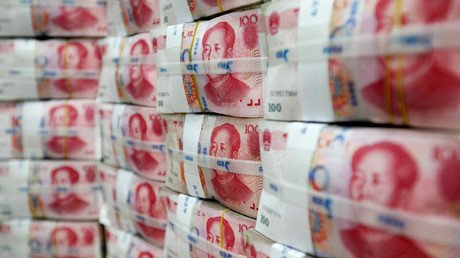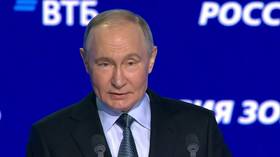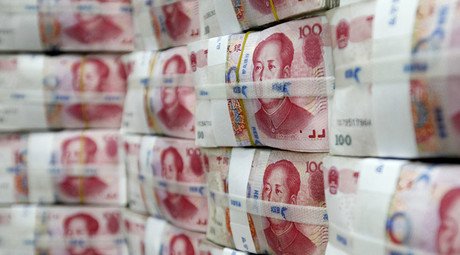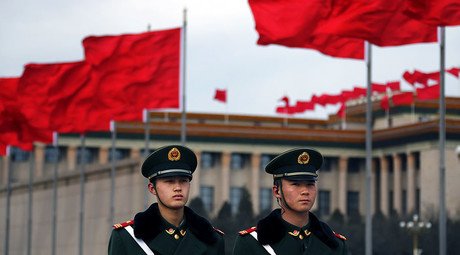Germany to include Chinese yuan in currency reserves
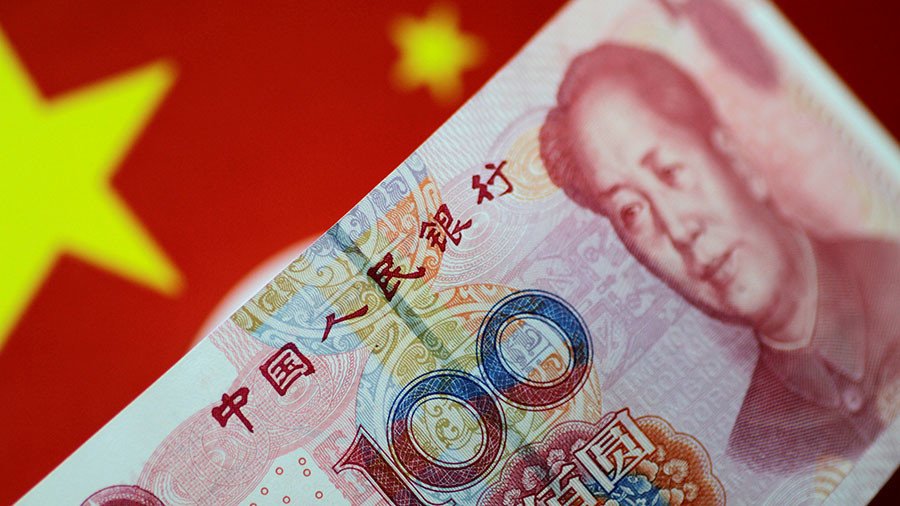
Germany’s central bank has decided to add the Chinese currency to its foreign exchange reserves, according to Bundesbank board member Andreas Dombret. The move could further boost the international status of the yuan.
Speaking at a finance forum on Monday, he said the decision was taken last year after the European Central Bank (ECB) switched €500 million ($611 million) worth of its US dollar reserves into yuan. The move reportedly reflects the increased use of the Chinese currency and Beijing’s importance as one of the eurozone’s biggest trading partners.
“It is not a major amount but it is something that we decided on and that we want to be part of,” Dombret told Bloomberg. “The fact that the renminbi [yuan] is now included in the SDR (Special Drawing Rights) basket and the fact that the ECB has decided to do that are both factors we thought about.”
Raising concerns over the incomplete status of yuan as a freely floating currency, he said “the renminbi is used increasingly as part of central banks’ foreign-exchange reserves – for example, the ECB included the RMB but also other European central banks did so.”
In 2016, the renminbi was added to the IMF reserve basket, becoming the first currency to be included to the list since the emergence of the euro in 1999. The yuan thus joined the big four: the US dollar, the euro, the Japanese yen and the British pound.
The rise of the petro-yuan: China is aiming to overthrow US dollar as currency of choice for oil markethttps://t.co/zAWwWmjFiMpic.twitter.com/LPuJDfb2W6
— RT (@RT_com) October 29, 2017
Despite critics accusing Beijing of exchange rate manipulations and cross-border capital movements, the IMF said it recognized the “enormous” changes made over the past decade to bring yuan out into the open.
Three years ago, Russia included the yuan in its reserve currency basket in order to boost the Chinese currency’s presence in the Russian financial markets.
For more stories on economy & finance visit RT's business section
